Coronavirus Updates
What Should You Do If You are Exposed to a COVID-19 Patient?
6 min read
By Apollo 24/7, Published on - 28 August 2020, Updated on - 18 October 2022
Share this article
4
40 likes
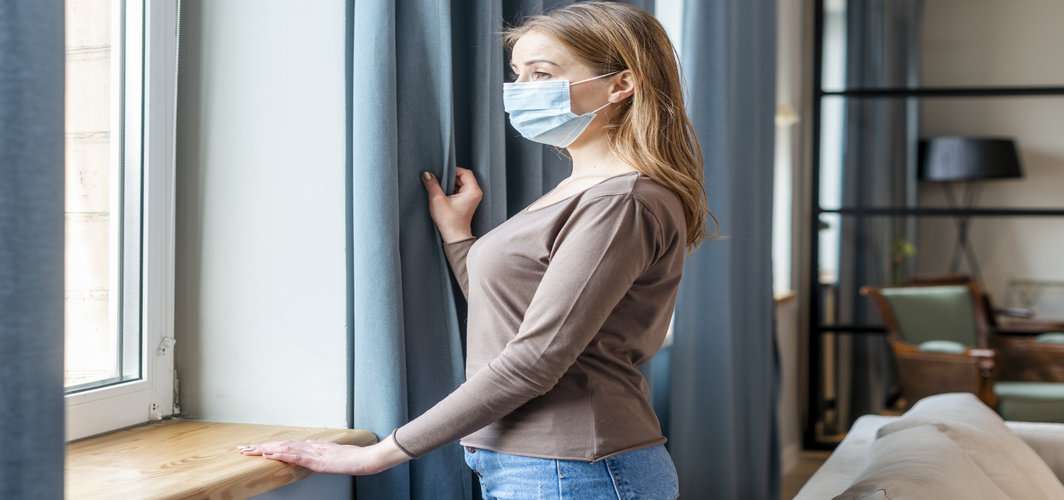
What ‘close contact’ with a COVID-19 patient means
- If you were unprotected and within a range of 6 feet from the person for at least 15 minutes.
- If you had direct physical contact (touch, hug, handshake, common surface contact, etc.) with the person.
- If you shared eating or drinking utensils.
- If you had provided home-care service to a confirmed COVID-19 person.
- If the patient has sneezed, coughed, and their respiratory droplets landed on you.
Difference between a suspected and confirmed case of COVID-19
- Is suffering from mild or acute respiratory illness with symptoms of fever, cough, and shortness of breath.
- Has a history of travel to or residence in a location reporting community transmission of COVID-19 disease during the 14 days before symptom onset.
- Came in contact with a confirmed or probable COVID-19 case in the last 14 days before symptom onset.
- Requires hospitalization and has no alternative diagnosis that fully explains the clinical presentations.
What should you do if you find out that a person you came in contact with has been tested positive for the Coronavirus?
- Self-quarantine for 14 days: You should quarantine yourself if you get to know that you have been exposed to a confirmed COVID-19 person. The symptoms of Coronavirus usually take 14 days to appear, so immediate isolation is recommended. If you reside alone, ask your caretaker to leave essential items at the doorstep itself. Do not make any face-to-face contact with any visitors. You will be in regular touch with the district surveillance officer who will update all details on the COVID-19 portal. Besides this, all family members and close contacts’ sample might be tested as per the guidelines issued by the Indian Council of Medical Research (ICMR).
- Inform local authorities: Contact the district health authorities or administration and inform them about your close contact with a COVID-19 confirmed patient. All states have specific phone numbers designated for this purpose. If you live in a residential welfare association (apartment, gated community, etc.), inform the designated office bearers.
- Inform other contacts: You should tell other people who you may have been in touch with, about your quarantine status and keep them informed about any symptoms you’ve started to show.
- Check if a COVID-19 test is required: Local health authorities may collect your throat or nasal swab for COVID-19 testing. Else, you may also book it through ICMR approved labs. It may be a good idea to check the guidelines for a doctor prescription requirement for the test, as they may differ in different states.
- Monitor your symptoms: During home-quarantine, monitor yourself for COVID-19 symptoms which may appear between 2 and 14 days after exposure to the Coronavirus. Some of the symptoms include fever, chills, cough, sore throat, difficulty in breathing, congestion/runny nose, fatigue, muscle/body ache, headache, loss of smell/taste, nausea, vomiting, or diarrhoea. If you observe any of these symptoms, report it to your local health authorities and your doctor. It is likely that they will recommend a COVID-19 test for you.
- Limit interaction with elderly and people with underlying conditions: Older adults and people with underlying medical conditions (like high blood pressure, diabetes, chronic kidney disease, asthma, COPD, pregnant woman, immune-compromised patients, etc.) are categorized as people at increased risk of severe illness due to COVID-19. Limit interaction with them to lower their chances of infection.
- Keep medical devices handy: Medical devices like a thermometer and pulse oximeter are essential to help you keep track of your fever and blood oxygen level. Inform your doctor and local health authorities if your blood oxygen level dips below 95%, you have had a fever of 100.4°F (38°C) continuously for 3 days, experience difficulty in breathing or have developed a cough.
- Keep stock of your prescribed medications: If you develop any specific symptoms, the doctor may prescribe various medicines depending on the diagnosis. Try to keep at least a month’s stock of your prescribed medicines.
- Eat healthy: Quitting smoking and drinking alcoholic beverages are recommended for leading a healthy life. Avoid excess sugar, reduce salt intake, avoid packed and processed foods. Opt for fresh vegetables, fruits, whole grains and lean meats, based on your dietary preferences.
- Install Aarogya Setu app: Aarogya Setu is a mobile application that helps to keep people informed of their risk of COVID-19 infection. You need to fill in all the details including the symptoms (if present) and enable your phone’s Bluetooth and location. The application will alert you if any one of your contacts tests positive. You can also get daily tips to control and mitigate the spread of COVID-19.
When to seek emergency medical attention?
- Difficulty in breathing
- Decline in oxygen saturation (SpO2) level below 95%
- Frequent chest pain or chest tightness
- Mental confusion or unable to arouse or awake
- Weakness or numbness in the face, legs, or hands
- Slurred speech
- Bluish discoloration of lips or face
- Seizure attack.
Coronavirus Updates
Leave Comment
Recommended for you
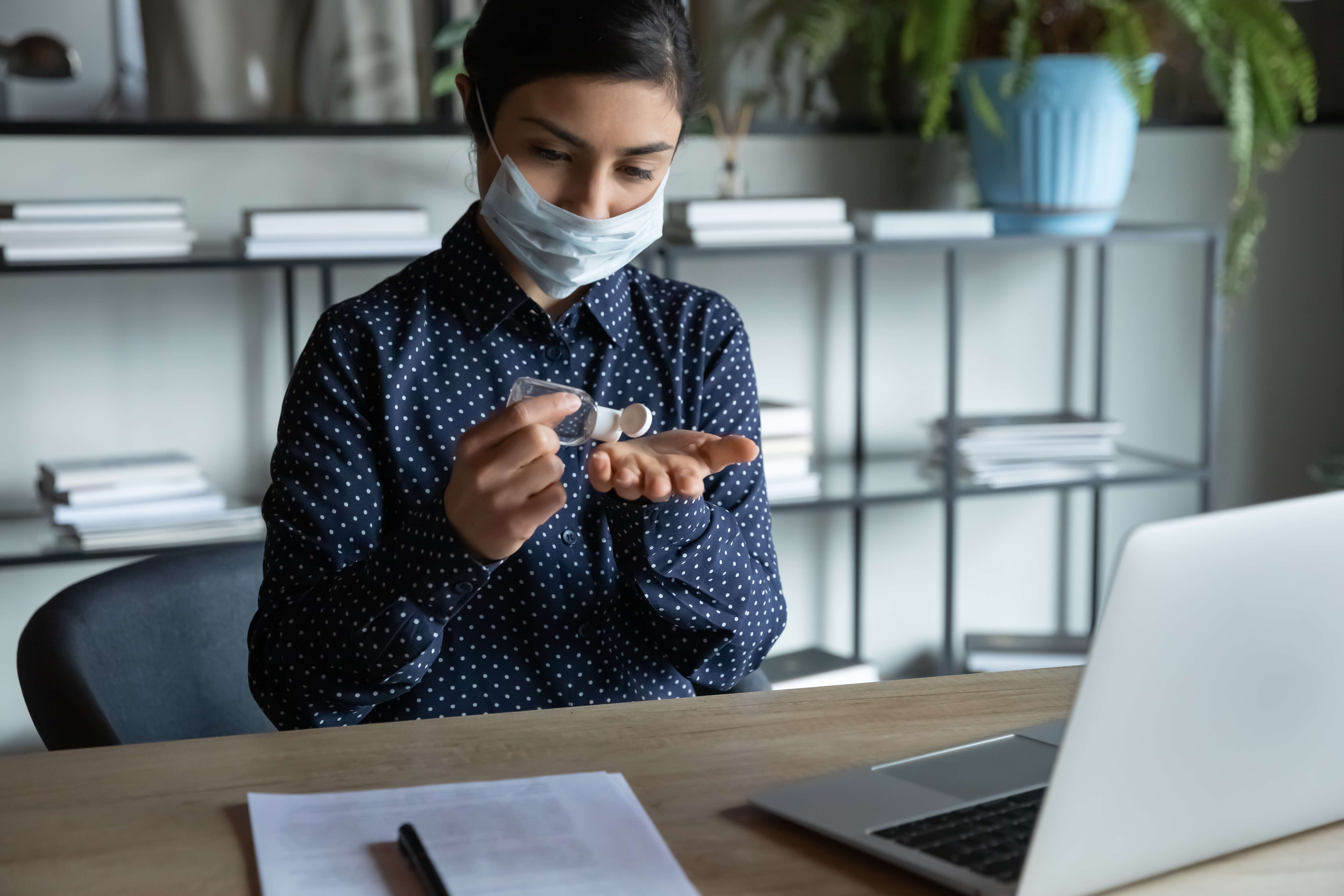
Coronavirus Updates
What Safety Precautions Should Employees Returning to Work after the Lockdown Take?
Avoid going to the office if you feel unwell and seek medical attention immediately. If you are healthy and must go to office, follow precautions to protect yourself at the workplace.
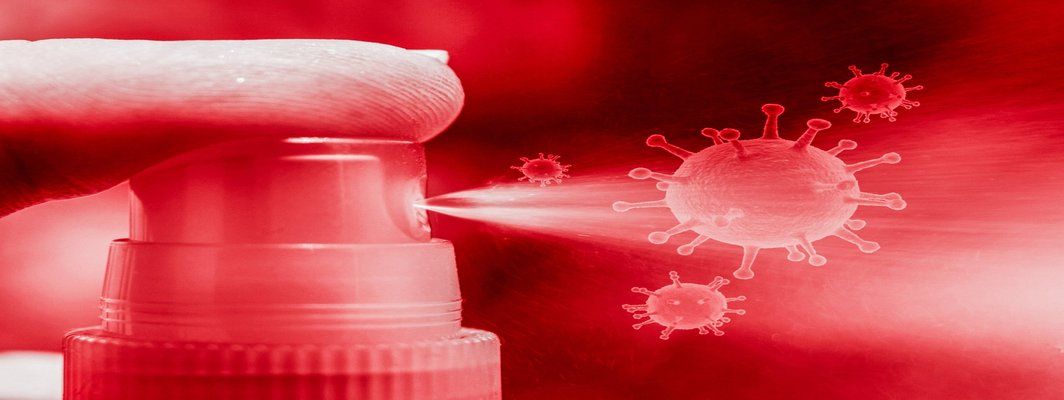
Coronavirus Updates
A Quick Guide to Buying The Most Effective Sanitizers Available in The Market
With many hand sanitizers options available in the market, you may be confused on which one to pick. This article can serve as a guide to buying the most effective sanitizer that will help fight the Coronavirus.
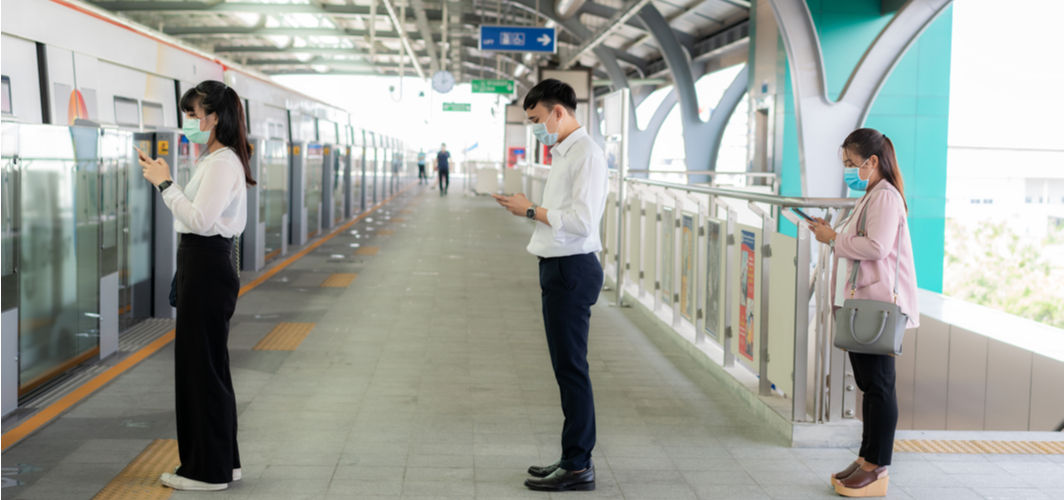
Coronavirus Updates
What is Social Distancing and How to Practice It?
Social distancing or physical distancing is when you keep space between yourself and other people outside of your home. It is the best way to curb the spread of the Coronavirus.
Subscribe
Sign up for our free Health Library Daily Newsletter
Get doctor-approved health tips, news, and more.
Visual Stories
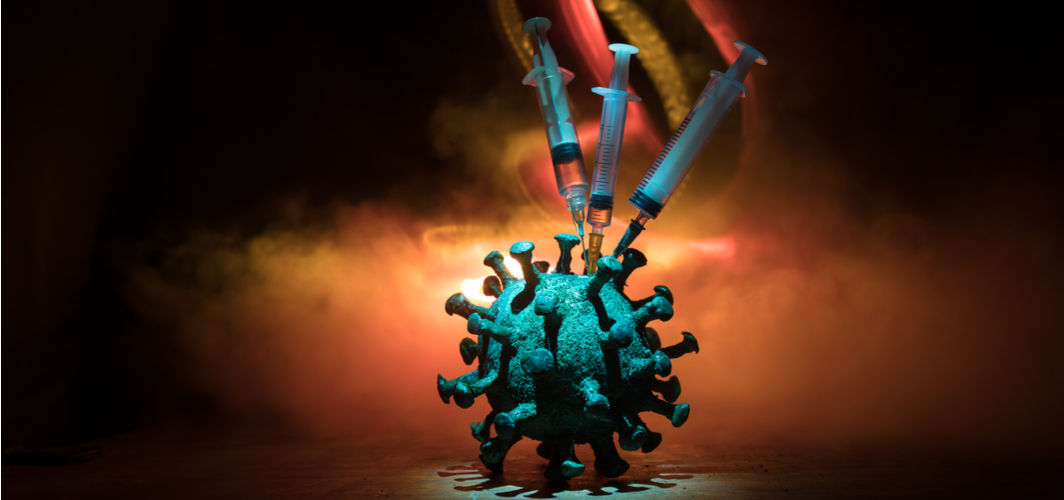
COVID-19: The situation on ground [6th July 2021]
Tap to continue exploring
Recommended for you

Coronavirus Updates
What Safety Precautions Should Employees Returning to Work after the Lockdown Take?
Avoid going to the office if you feel unwell and seek medical attention immediately. If you are healthy and must go to office, follow precautions to protect yourself at the workplace.

Coronavirus Updates
A Quick Guide to Buying The Most Effective Sanitizers Available in The Market
With many hand sanitizers options available in the market, you may be confused on which one to pick. This article can serve as a guide to buying the most effective sanitizer that will help fight the Coronavirus.

Coronavirus Updates
What is Social Distancing and How to Practice It?
Social distancing or physical distancing is when you keep space between yourself and other people outside of your home. It is the best way to curb the spread of the Coronavirus.